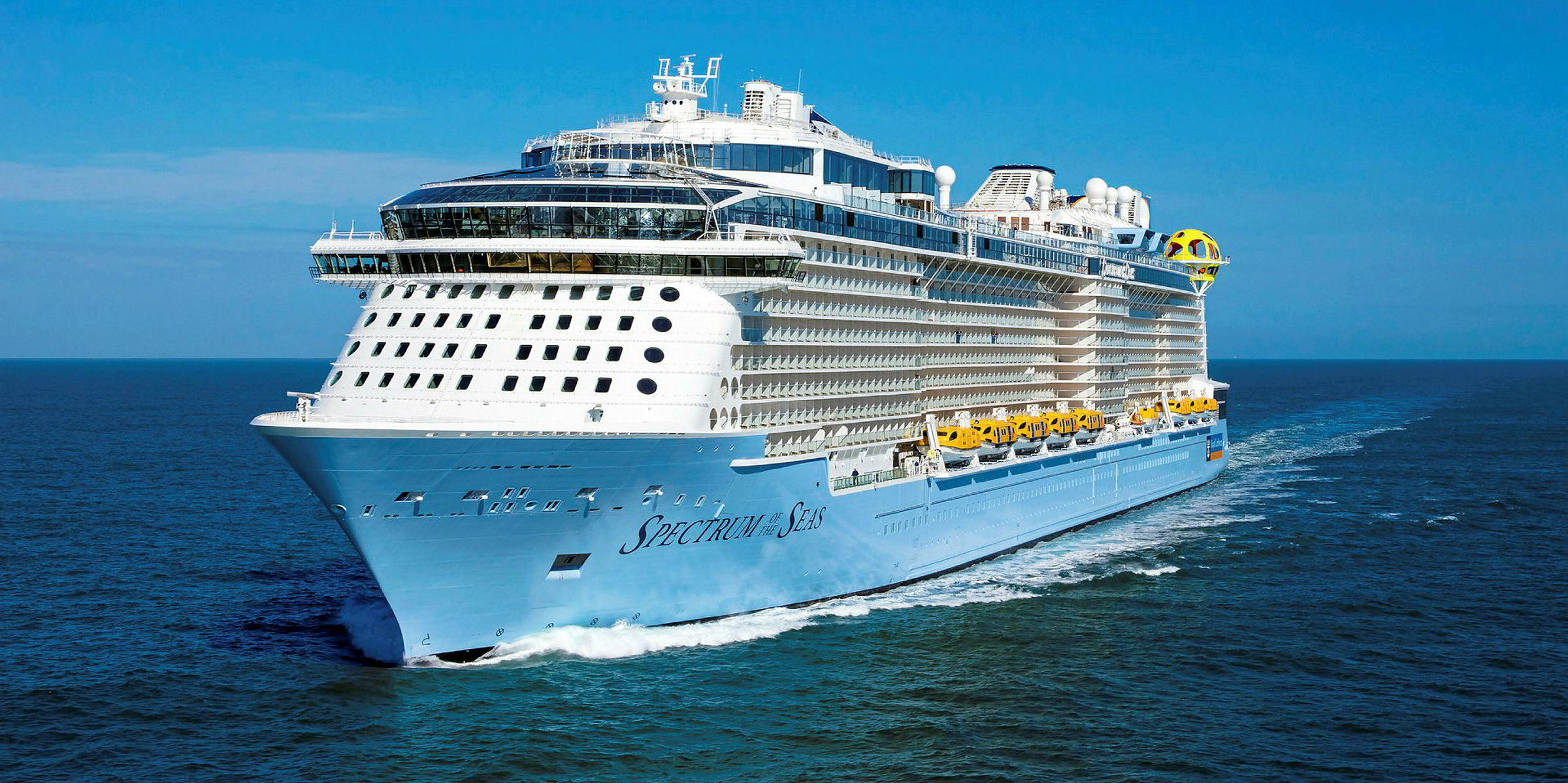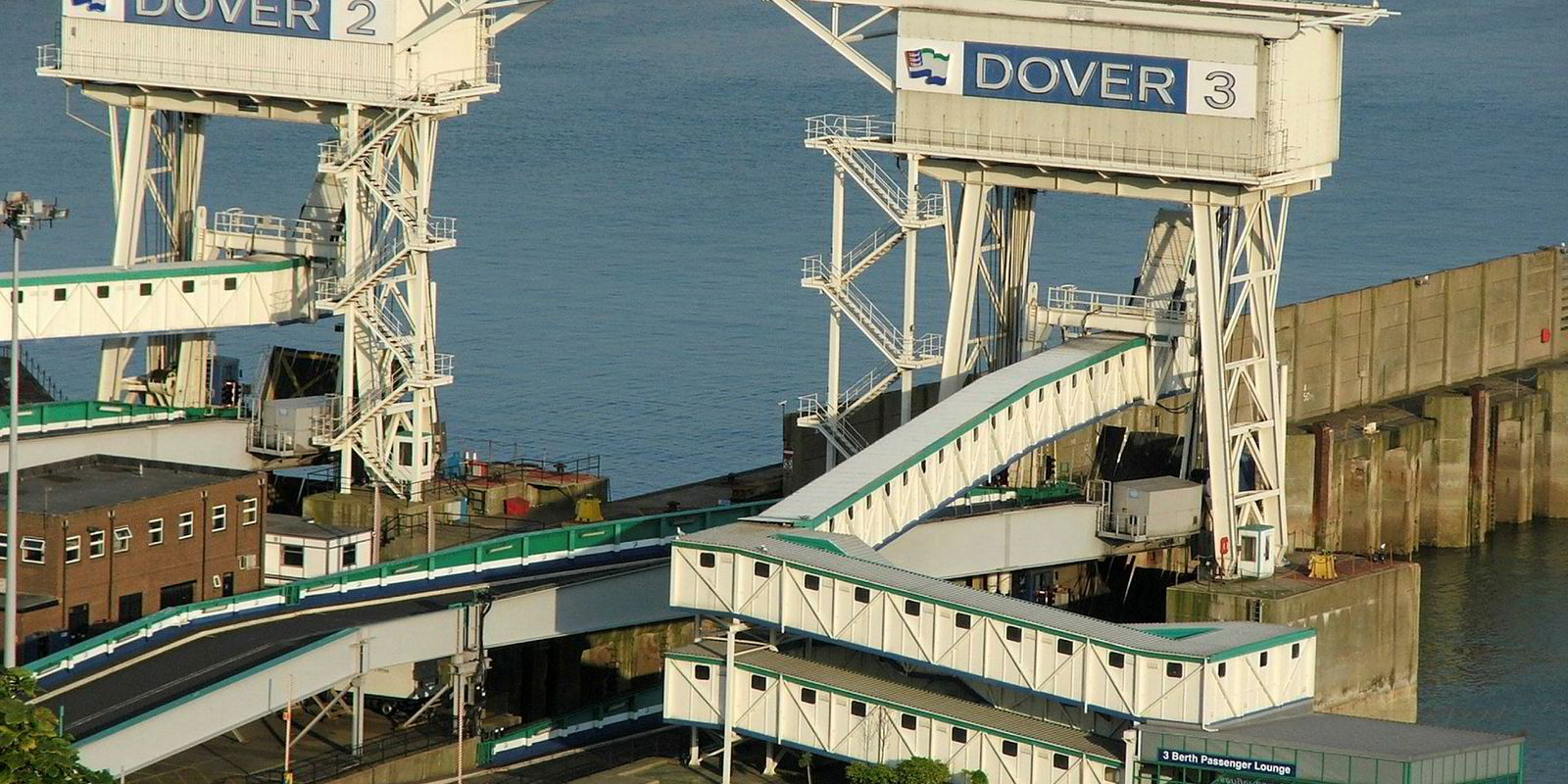Brexit jitters have hit UK cruise demand as consumers fret over the kind of relationship the country will have with its former partners if it leaves the European Union.
Carnival Corp, Royal Caribbean Cruises and Norwegian Cruise Line — which together take 80% of global cruise revenue — are all booking less UK business amid questions over how a Brexit deal might affect international travel.
Royal Caribbean, which has the highest proportion of European guests, has been hit by the adverse effect of Brexit, according to chief executive Richard Fain.
Softening demand
"We are enjoying very strong demand from North America and from Asia-Pacific, whereas we believe uncertainty around Brexit has softened demand from the UK," he said in a recent conference call.
That softness comes as no surprise, given Brexit may put a damper on the UK economy, Royal Caribbean International president Michael Bayley said.
"It's because of Brexit and we assumed there may be some volatility in Europe," he said.
However, Royal Caribbean chief financial officer Jason Liberty insisted heightened demand from other markets such as the US has offset weakness from the UK.
“And of course, when we see that [heightened demand], we’re going to look to grab that demand and optimise our yields,” he said.
The three cruise majors would not give quarterly breakdowns of revenue by market, but UK or European passenger levels are logged in their annual reports.

In 2018, Royal Caribbean reported that 10% of its passengers were from the UK, while Norwegian Cruise Line showed that 9% of its $15.5bn in revenue came from Europeans.
UK travellers accounted for 7% of Carnival's passengers last year.
I think everyone is still waiting to see how Brexit completely unfolds before determining its impact, given the uncertainty surrounding the process
Jaime Katz
'Waiting to see'
As European citizens, UK passport holders have traditionally been able to move freely within the EU. However, from 31 October, when the UK is currently scheduled to leave the bloc, those freedoms could be restricted, particularly if the country leaves without a negotiated deal covering international travel.
As a result, analysts say, many UK citizens are holding off from booking cruises to EU countries.
"I think everyone is still waiting to see how Brexit completely unfolds before determining its impact, given the uncertainty surrounding the process," Morningstar analyst Jaime Katz told TradeWinds.
Brexit fears have hit Norwegian Cruise Line’s Europe-sourced business, but it has more than enough sailings to the continent to offset any outbound weakness, chief executive Frank del Rio said.
"Can Europe be doing a little better? Yes, [it] probably could," he said. "But, again, our domestic demand is so strong for Europe, just for Europe itineraries, that we're not relying a whole lot on Europe-sourced business to sell our vessels."
In fact, his company has seen enough success in the European inbound market that it has been able to raise ticket prices for the past two years.
“[With] the demand that we are seeing for our products, we can be selective ... and quite frankly we’re going for price," he said.
'Not a problem'
When Carnival reported its earnings in March, chief executive Arnold Donald remained optimistic in the face of Brexit anxieties. He has said his UK brands — P&O and Cunard — have “withstood the headwind”.
“I haven’t heard anything from anyone to indicate any extra complications or major problems, or where would be a discouragement to cruise or anything like that,” Donald said.
“So, I don’t know the details, but I have heard nothing that would suggest it’s a problem at all for us.”







